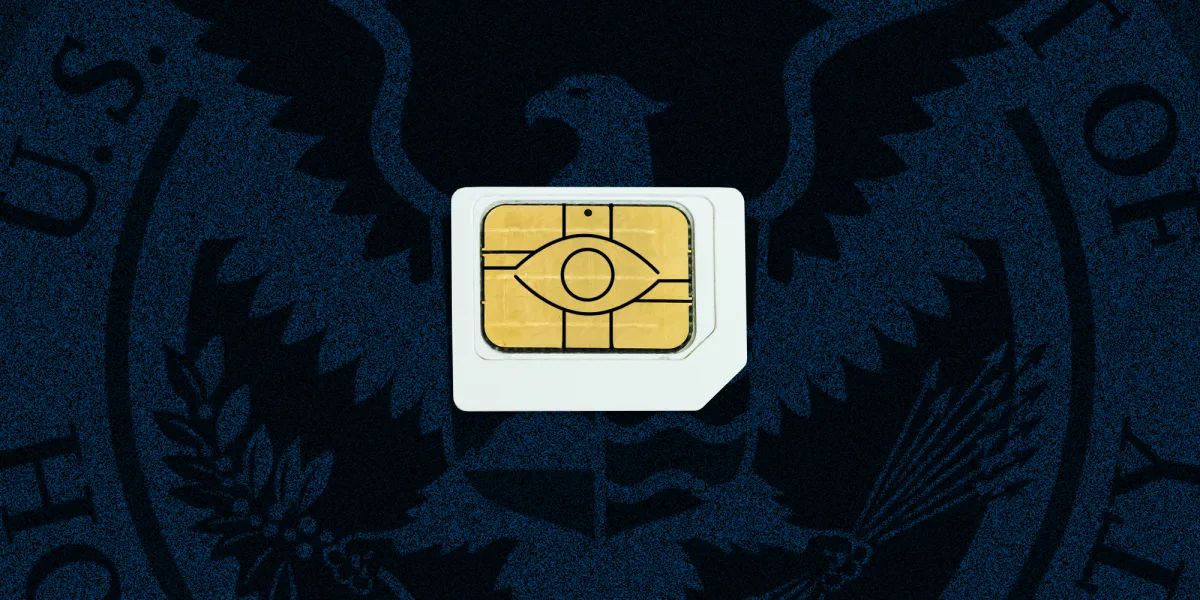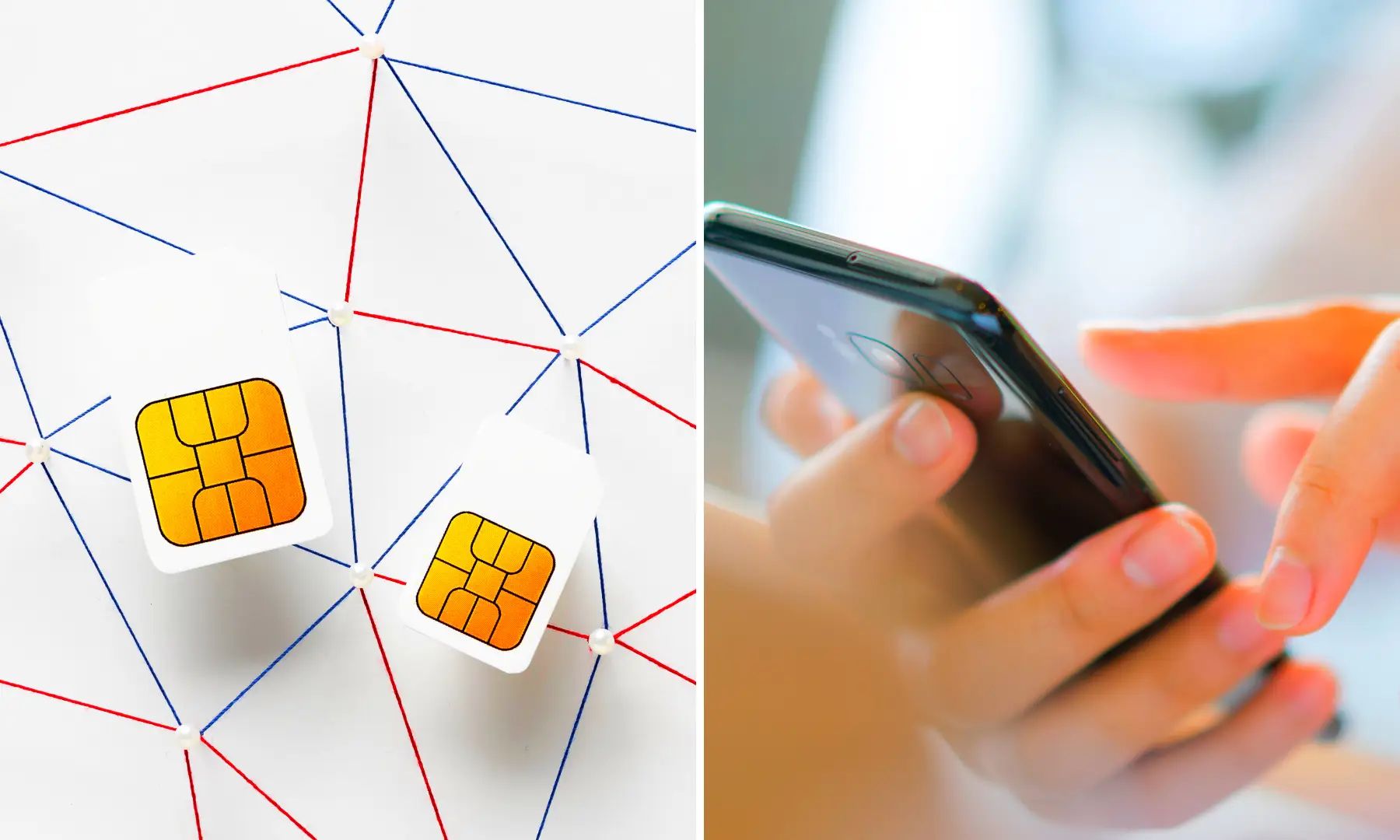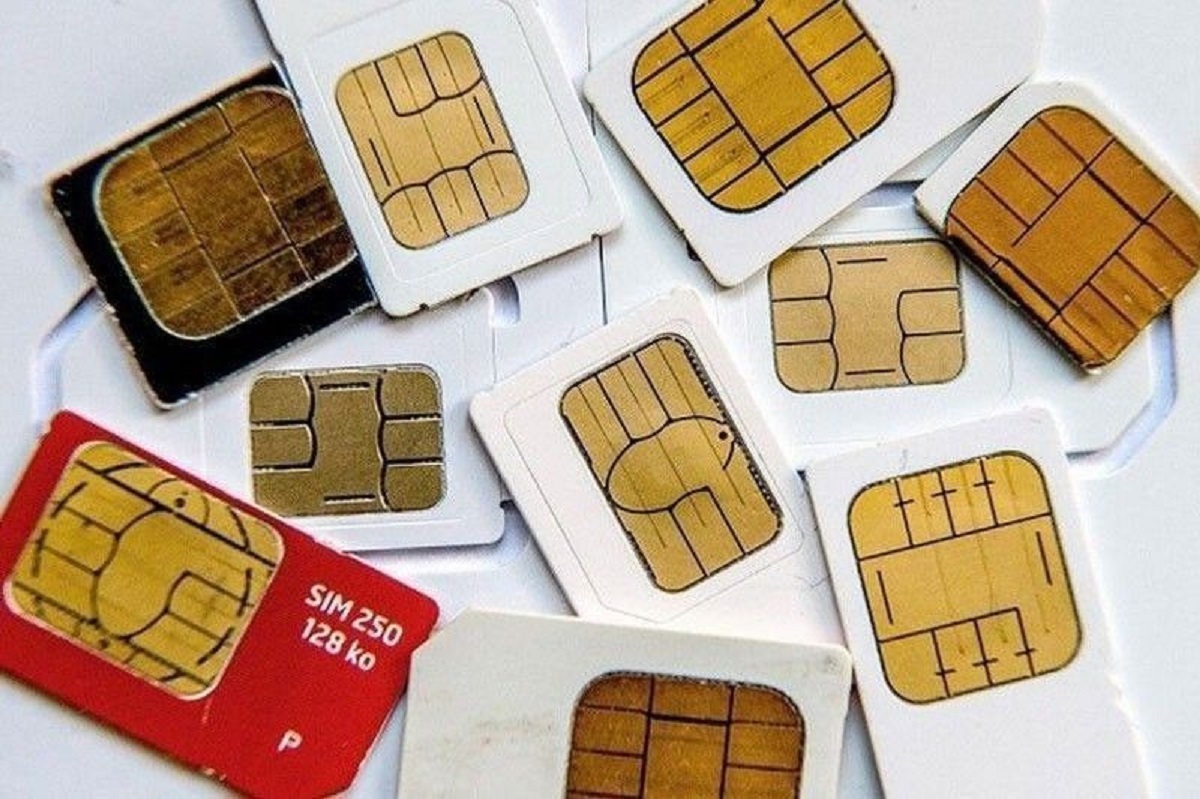Introduction
In today's digital age, mobile devices have become an indispensable part of our lives. These devices rely on a small yet crucial component known as the Subscriber Identity Module (SIM) card. The SIM card plays a pivotal role in connecting our phones to cellular networks, enabling us to make calls, send text messages, and access mobile data. While the SIM card may seem unassuming, it holds a wealth of personal information, including contact details, call logs, and text messages. As such, it is essential to understand the potential risks and consequences associated with mishandling or breaking a SIM card.
The following sections will delve into the intricacies of SIM cards, shedding light on the risks and consequences that accompany their mishandling. Additionally, we will explore the best practices for safely disposing of a SIM card to protect personal data and minimize potential security threats. Understanding the significance of proper SIM card management is crucial in safeguarding sensitive information and ensuring the seamless functioning of our mobile devices. Let's embark on this insightful journey to unravel the complexities surrounding SIM cards and their implications.
What is a SIM Card?
A SIM card, short for Subscriber Identity Module, is a small, removable card that is inserted into mobile devices such as smartphones and tablets. It serves as an essential link between the device and the mobile network, enabling users to make calls, send text messages, and access mobile data services. The SIM card contains unique information that identifies the user to the mobile network, including the International Mobile Subscriber Identity (IMSI) and the authentication key.
There are different types of SIM cards, including standard SIMs, micro SIMs, and nano SIMs, each varying in size to accommodate different devices. Despite their size differences, all SIM cards perform the same fundamental function of authenticating the user and connecting the device to the mobile network.
The SIM card also stores essential personal information, such as contact details, call logs, and text messages. It acts as a secure element, safeguarding sensitive data and ensuring the integrity of communications. Moreover, SIM cards can be used to store limited amounts of data, such as contacts and text messages, providing users with a portable means of transferring information between devices.
In addition to its primary functions, the SIM card plays a crucial role in enabling mobile network operators to manage their subscribers, allocate network resources, and provide personalized services. This dynamic component facilitates secure authentication and encryption, ensuring the confidentiality and integrity of communications over the mobile network.
In essence, the SIM card serves as the gateway to mobile connectivity, embodying the user's identity and enabling seamless communication. Its compact size belies its significance, as it underpins the functionality of mobile devices and forms the cornerstone of secure and reliable mobile communication. Understanding the role and importance of the SIM card is paramount for users to appreciate its implications and take appropriate measures to protect their personal data and ensure uninterrupted mobile connectivity.
Risks of Breaking a SIM Card
Accidentally breaking or damaging a SIM card can pose several risks, ranging from inconvenience to potential security threats. Understanding these risks is crucial for users to appreciate the importance of handling their SIM cards with care. Here are the potential risks associated with breaking a SIM card:
-
Disruption of Communication: Breaking a SIM card can lead to an immediate disruption in communication services. Without a functional SIM card, users may be unable to make calls, send text messages, or access mobile data, significantly impacting their ability to stay connected.
-
Loss of Personal Data: A broken SIM card may result in the loss of essential personal data stored on the card, including contact information, call logs, and text messages. This loss can be particularly distressing, as it may encompass valuable and irreplaceable communication records.
-
Identity Verification Issues: In some cases, a damaged SIM card may impede the user's ability to verify their identity with mobile network operators. This can hinder the activation of a new SIM card or the transfer of services to a replacement card, causing inconvenience and delays in restoring mobile connectivity.
-
Potential Security Vulnerabilities: A broken SIM card could potentially expose sensitive information to security vulnerabilities. If the card is mishandled or disposed of improperly, there is a risk of unauthorized access to personal data, potentially compromising the user's privacy and security.
-
Financial Implications: Depending on the circumstances of the damage, there may be financial implications associated with replacing a broken SIM card or recovering lost data. This can result in unexpected expenses and administrative hassles for the user.
To mitigate these risks, users are advised to handle their SIM cards with care, avoiding physical damage and ensuring proper storage. Additionally, in the event of a broken SIM card, it is essential to follow secure disposal practices to safeguard personal data and minimize potential security threats. By understanding the risks associated with breaking a SIM card, users can take proactive measures to protect their data and maintain uninterrupted mobile communication services.
Consequences of Breaking a SIM Card
The consequences of breaking a SIM card extend beyond mere inconvenience, encompassing potential data loss, security vulnerabilities, and financial implications. When a SIM card is damaged or rendered inoperable, the following repercussions may arise:
-
Data Loss and Disruption: The foremost consequence of breaking a SIM card is the potential loss of critical personal data stored on the card. Contact information, call logs, and text messages may become inaccessible, leading to a disruption in communication history and essential contacts. This loss can be particularly distressing, as it may encompass valuable and irreplaceable communication records.
-
Identity Verification Challenges: A damaged or broken SIM card can present challenges in verifying the user's identity with mobile network operators. This can impede the activation of a new SIM card or the transfer of services to a replacement card, causing inconvenience and delays in restoring mobile connectivity.
-
Security Risks: Mishandling or improper disposal of a broken SIM card can pose security risks, potentially exposing sensitive information to unauthorized access. This could compromise the user's privacy and security, leading to potential misuse of personal data and identity theft.
-
Financial Implications: The consequences of a broken SIM card may extend to financial implications, including the cost of replacing the damaged card or attempting to recover lost data. These unexpected expenses and administrative hassles can add an unwelcome burden to the user's finances and time.
-
Service Disruption: The disruption caused by a broken SIM card can extend to the user's ability to access essential mobile services, including making calls, sending text messages, and accessing mobile data. This can significantly impact the user's daily communication and connectivity, leading to inconvenience and potential missed opportunities.
Understanding the potential consequences of breaking a SIM card underscores the importance of handling and safeguarding this vital component of mobile communication. By being aware of these repercussions, users can take proactive measures to protect their SIM cards, minimize the risks of damage, and ensure the continuity of their mobile services and personal data security.
How to Safely Dispose of a SIM Card
Safely disposing of a SIM card is crucial to protect personal data and minimize potential security threats. When it comes to retiring an old or damaged SIM card, it is essential to follow secure disposal practices. Here are the recommended steps to safely dispose of a SIM card:
-
Data Deletion: Before disposing of a SIM card, it is advisable to delete all data stored on the card. This includes contacts, messages, and any other personal information. Many mobile devices provide an option to reset or erase the SIM card's data, ensuring that sensitive information is not left accessible.
-
Physical Damage: To prevent any potential misuse of the SIM card, rendering it physically unusable is recommended. This can be achieved by cutting the card into small pieces using scissors or a shredder. By destroying the physical structure of the card, the risk of unauthorized access to stored data is significantly reduced.
-
Secure Disposal: Once the SIM card is rendered unusable, it should be disposed of securely. This involves placing the broken pieces of the SIM card in a designated electronic waste or recycling bin. It is important to ensure that the card is not simply discarded with regular household waste, as this could lead to potential exposure of personal data.
-
Consider Replacement: If the reason for disposing of the SIM card is due to damage or malfunction, it is advisable to obtain a replacement card from the mobile network operator. Upon activation of the new SIM card, it is essential to transfer any saved contacts and essential data from the old card to the new one, ensuring continuity of services.
-
Privacy Protection: As an additional precaution, users may consider contacting their mobile network operator to inform them of the disposal of the old SIM card. This can serve as an added layer of security, ensuring that the operator is aware of the retirement of the old card and can update their records accordingly.
By following these steps, users can ensure the secure and responsible disposal of their old or damaged SIM cards, safeguarding personal data and minimizing the risk of unauthorized access. Proper disposal practices contribute to maintaining privacy and security in an increasingly digital world, empowering users to take proactive measures in protecting their sensitive information.
Conclusion
In conclusion, the humble SIM card, despite its diminutive size, plays a pivotal role in enabling mobile connectivity and safeguarding personal data. The risks and consequences associated with mishandling or breaking a SIM card underscore the importance of understanding its significance and implementing proper management practices. From the potential disruption of communication services to the loss of critical personal data, the repercussions of a broken SIM card can extend beyond inconvenience, encompassing security vulnerabilities and financial implications.
Safeguarding personal data and minimizing potential security threats through secure disposal practices is essential. By following recommended steps such as deleting data, rendering the SIM card physically unusable, and securely disposing of it, users can protect their privacy and mitigate the risk of unauthorized access to sensitive information. Additionally, considering a replacement SIM card from the mobile network operator and transferring essential data ensures the continuity of services and minimizes the impact of a broken SIM card.
Understanding the risks and consequences of mishandling a SIM card empowers users to take proactive measures in protecting their personal data and maintaining uninterrupted mobile communication services. By appreciating the role of the SIM card as a gateway to mobile connectivity and embracing secure disposal practices, users can navigate the digital landscape with confidence and peace of mind.
In essence, the proper handling and disposal of SIM cards are integral to preserving personal privacy and data security. As technology continues to advance, it is imperative for users to remain vigilant in safeguarding their digital assets, starting with the conscientious management of essential components such as the SIM card. By embracing best practices and staying informed, individuals can fortify their digital resilience and enjoy the benefits of seamless, secure mobile communication.
Ultimately, the journey of understanding the risks and consequences of breaking a SIM card serves as a reminder of the importance of responsible digital citizenship. Through knowledge and proactive action, users can navigate the digital realm with confidence, knowing that they are equipped to protect their personal data and maintain uninterrupted connectivity in an ever-evolving technological landscape.

























